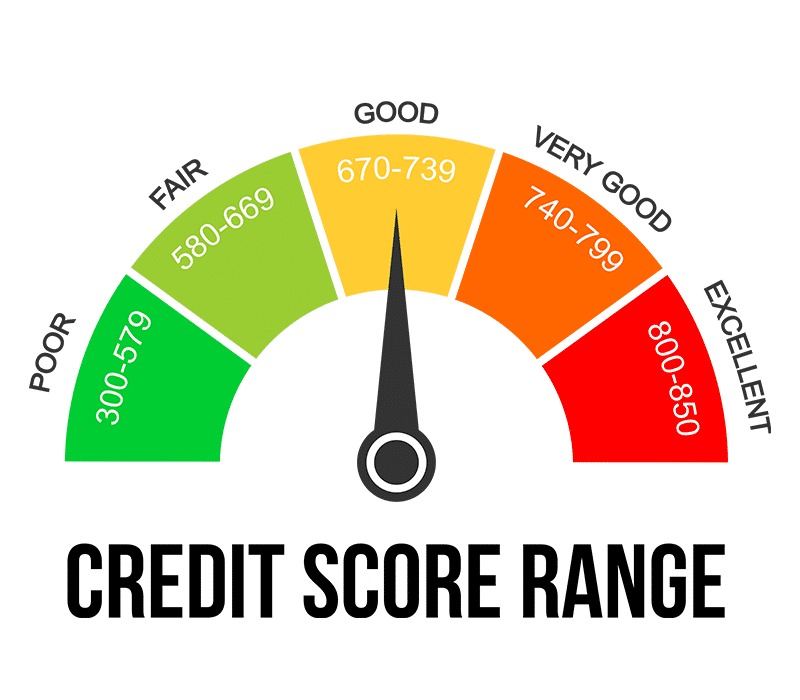
In the modern financial landscape, a good credit score serves as a passport to numerous opportunities. Whether you’re aiming for a mortgage, an auto loan, or a credit card, your credit score holds substantial sway over the terms and conditions you’ll receive. Understanding the importance of credit scores in card approval and implementing strategies to improve them is crucial for achieving financial stability and success. In this comprehensive guide, we’ll explore the significance of credit scores in card approval and provide actionable strategies to elevate your creditworthiness.
Understanding Credit Scores
Before diving into strategies for enhancing credit scores, it’s essential to grasp the fundamentals. A credit score is a numerical representation of an individual’s creditworthiness, typically ranging from 300 to 850. It’s calculated based on various factors, including payment history, credit utilization, length of credit history, types of credit accounts, and new credit inquiries. Lenders use credit scores to assess the risk of lending money to consumers, with higher scores indicating lower risk and vice versa.
Importance of Credit Scores in Card Approval
When it comes to obtaining a credit card, your credit score plays a pivotal role in the approval process. Card issuers rely on credit scores to evaluate the creditworthiness of applicants and determine the terms of their credit card offers. A high credit score not only increases the likelihood of approval but also opens doors to premium credit card options with attractive rewards, lower interest rates, and higher credit limits. Conversely, individuals with lower credit scores may face limited options or be subject to higher interest rates and less favorable terms.
Strategies to Improve Credit Scores

Improving your credit score requires a proactive approach and a commitment to responsible financial habits. Here are ten effective strategies to boost your creditworthiness:
– Pay Bills on Time: Timely payment of bills is one of the most critical factors influencing your credit score. Late payments can have a significant negative impact, so make it a priority to pay all bills, including credit card payments, loans, and utilities, by their due dates.
– Manage Credit Utilization: Your credit utilization ratio, which measures the amount of credit you’re using compared to your total available credit, should ideally be kept below 30%. Aim to pay down existing balances and avoid maxing out your credit cards to maintain a healthy utilization ratio.
– Diversify Credit Accounts: Having a diverse mix of credit accounts, such as credit cards, installment loans, and mortgages, can positively impact your credit score. However, avoid opening new accounts solely for the sake of diversification, and only apply for credit when necessary.
– Monitor Credit Reports Regularly: Stay vigilant about monitoring your credit reports from all three major credit bureaus – Equifax, Experian, and TransUnion. Check for inaccuracies or discrepancies and promptly dispute any errors to ensure your credit report reflects accurate information.
– Avoid Closing Old Accounts: The length of your credit history is an essential factor in calculating your credit score. Closing old accounts can shorten your credit history and potentially lower your score. Instead, keep old accounts open and active to demonstrate a long-standing credit history.
– Limit New Credit Applications: Each credit application results in a hard inquiry on your credit report, which can temporarily lower your score. Be selective about applying for new credit and avoid multiple inquiries within a short period, especially if you’re planning a major financial transaction like a mortgage or auto loan.
– Become an Authorized User: If you have a trusted friend or family member with a strong credit history, consider becoming an authorized user on one of their credit accounts. Their positive payment history and responsible credit management can help bolster your credit score over time.
– Utilize Credit-Building Products: Secured credit cards and credit-builder loans are designed for individuals with limited or damaged credit histories. These products allow you to establish or rebuild credit by making regular payments and demonstrating responsible credit usage.
– Negotiate with Creditors: If you’re facing financial challenges and struggling to keep up with payments, don’t hesitate to contact your creditors to discuss alternative repayment options. Many creditors are willing to work with you to develop a repayment plan that fits your budget and prevents further damage to your credit score.
– Seek Professional Guidance: If you’re unsure about how to improve your credit score or facing complex financial issues, consider seeking assistance from a reputable credit counseling agency or financial advisor. They can provide personalized guidance, negotiate with creditors on your behalf, and help you develop a comprehensive plan to achieve your financial goals.
Conclusion
Your credit score is a powerful financial tool that can significantly impact your ability to access credit and secure favorable terms. By understanding the importance of credit scores in card approval and implementing effective strategies to improve them, you can strengthen your financial standing and unlock a world of opportunities. Whether you’re planning to apply for a credit card, a loan, or a mortgage, cultivating a positive credit history and maintaining a good credit score is essential for achieving your long-term financial objectives. Remember, building and maintaining good credit takes time, discipline, and responsible financial management, but the rewards are well worth the effort.


